Demand For A Remote Full Stack Developer In 2025
4.9 out of 5 based on 13742 votesLast updated on 20th Mar 2024 16.8K Views
- Bookmark

Remote Full Stack Developers are in high demand due to their ability to handle both front-end and back-end tasks, offering flexibility and efficiency.

Hiring a skilled full-stack developer demands both time and effort. With the right hiring, it is easy for companies to meet their business goals. With the increasing number of jobs, it is clear that demand for full-stack developers is increasing too.
According to a recent survey, it was mentioned that full-stack developers were one of the highest-paid professionals in 2023. This blog will explain to you why Full Stack Developer Course are highly in demand, the skills needed to become a full-stack developer, process companies follow to hire a remote full-stack developer.
Why Full Stack Developers Will Be in High Demand in 2025?
- Streamlined Workflow: Employing full-stack developers reduces ambiguity in workflow. Unlike assembling separate teams of front-end and back-end developers, which can lead to miscommunication and delays, a full-stack developer handles various tasks independently. This eliminates the need for constant communication and waiting for responses, ensuring smoother project execution.
- Diverse Skill Set: Full-stack developers possess both front-end and back-end skills, offering the versatility of two professionals in one. Their ability to handle all aspects of a website facilitates quicker error resolution and problem-solving, enhancing overall efficiency.
- Cost-Effectiveness: Hiring full-stack developers is more cost-effective for companies, particularly startups, compared to recruiting multiple specialists. This approach reduces hiring expenses and minimizes high salary expenditures, making it a financially prudent choice for businesses.
- Versatility in Problem-Solving: With extensive knowledge in web design and development, full-stack developers can adeptly navigate various domains and address diverse challenges. Their ability to seamlessly transition between front-end and back-end roles simplifies project complexity and fosters efficient problem-solving.
- Enhanced Operational Efficiency: Involvement of a single individual throughout the project lifecycle ensures streamlined communication and minimizes disruptions. Full-stack developers optimize operational processes, leading to shorter development cycles, improved workflow continuity, and enhanced overall project quality.
A Full Stack Developer builds both front-end and back-end applications, handling databases, servers, and APIs. Enroll in a Full Stack Developer Course Online to master coding, deployment, and modern frameworks efficiently.
Benefits of Hiring a Remote Full Stack Developer
Remote working is increasingly gaining popularity, and for good reason. Here's why hiring a remote full-stack developer could be the best decision for your company:
- Preferred Working Environment: Developers thrive in environments where they have the freedom to work comfortably and without distractions. Remote work allows developers to create their ideal workspace, fostering focus and peace of mind essential for optimal productivity.
- Growing Popularity of Remote Work: Remote work is no longer just a trend; it has become the norm in many industries. Embracing remote hiring practices enables companies to tap into a broader talent pool and adapt to evolving work preferences.
- Enhanced Developer Satisfaction: Offering remote opportunities demonstrates a company's commitment to flexibility and work-life balance, leading to increased job satisfaction among developers. Happy developers are more motivated, productive, and likely to stay with the company long-term.
- Access to Global Talent: Hiring remotely eliminates geographical constraints, allowing access to a diverse pool of talent from around the world. This enables companies to find the best-fit candidates for their specific project requirements, regardless of location.
- Cost-Effectiveness: Remote hiring often results in cost savings for companies, as they can avoid expenses associated with traditional office setups, such as office space, utilities, and commuting allowances. Additionally, remote full-stack developers may offer competitive rates compared to local hires.
Embracing remote hiring practices empowers companies to harness the benefits of a remote workforce while attracting top talent and fostering a dynamic and agile work environment.
Note: React JS is a powerful library for building user interfaces. Enhance your skills with React JS Online Training, gaining hands-on experience to create dynamic, responsive web applications efficiently.
You May Also Read This:
Full Stack Developer Salary In India
Full Stack Developer Interview Questions
Java Full Stack Developer Course Syllabus
Note: Web development is essential for building modern websites and applications. Enroll in a Web Development Online Course to master coding, design, and responsive development skills.
Essential Skills for Hiring a Remote Full Stack Developer
When hiring a remote full-stack developer, it's crucial to ensure they possess the following skills:
Front-End Skills:
- Proficiency in JavaScript, HTML, and CSS
- Familiarity with libraries like jQuery, React.js, and Backbone.js
- Knowledge of SASS and LESS for styling
- Experience with frameworks such as Angular.js/Angular, Vue.js, and Bootstrap
- Understanding of DOM manipulation, AJAX, and JSON technologies
Back-End Skills:
- Competence in backend development using languages like PHP, Python, Ruby, and Java
- Ability to work with various frameworks within these languages to develop robust backend solutions
Basic Design Skills:
Understanding of UI/UX design principles and the ability to create prototypes for user-friendly applications
Database Management:
Proficiency in working with databases such as SQL Server, MySQL, MongoDB, and PostgreSQL to store and manage application data effectively
Soft Skills:
- Strong time management abilities to meet project deadlines
- Patience and a willingness to learn new technologies and techniques
- Attention to detail to ensure high-quality deliverables
- Excellent work ethics and discipline in remote work settings
- Effective communication skills for collaboration and client interactions
- Creative vision to contribute innovative ideas to projects
Note: Croma Campus is one of the leading EdTech companies for providing Java Full Stack Developer Course Online. You can check the details about the course, fees, and duration.
When to Consider Hiring a Remote Full Stack Developer?
The demand for full-stack engineers often arises from specific project requirements. Hiring a remote full-stack developer is beneficial in the following scenarios:
- Start-up Ventures: For startups navigating uncertainties, hiring a full-stack developer proves cost-effective during the experimental phase of application development. Their versatility can address diverse needs efficiently, minimizing initial investment.
- Prototype Development: Whether for startups or small to medium-sized enterprises, beginning with a minimum viable project (MVP) allows gradual value addition and gap closure. A full-stack developer accelerates prototype development, optimizing cost and delivery speed.
- Project Size Considerations: Full-stack developers suit projects catering to smaller audiences or less complex business operations. However, for large-scale applications serving millions or critical functions, assembling a specialized team may be necessary.
- Budget Constraints: Companies with limited budgets find hiring a full-stack developer more economical than engaging separate front-end and back-end developers. Consolidating tasks under one individual reduces overall development costs.
Relevant JS Online Courses:
React Full Stack Developer Course
Python Full Stack Developer Course
Node JS Full Stack Developer Course
Playwright Automation with JavaScript Course
Where to Find Remote Full Stack Developers for Hire?
Navigating business complexities requires efficient task handling to meet customer needs promptly. Hiring a full-stack developer capable of multitasking ensures streamlined operations, minimizing errors and delays in project delivery.
If you are looking to become a successful remote full stack developer in 2025, take training from Croma Campus and get hired by top companies worldwide. We wish you luck for a brighter future ahead.
Subscribe For Free Demo
Free Demo for Corporate & Online Trainings.
Your email address will not be published. Required fields are marked *
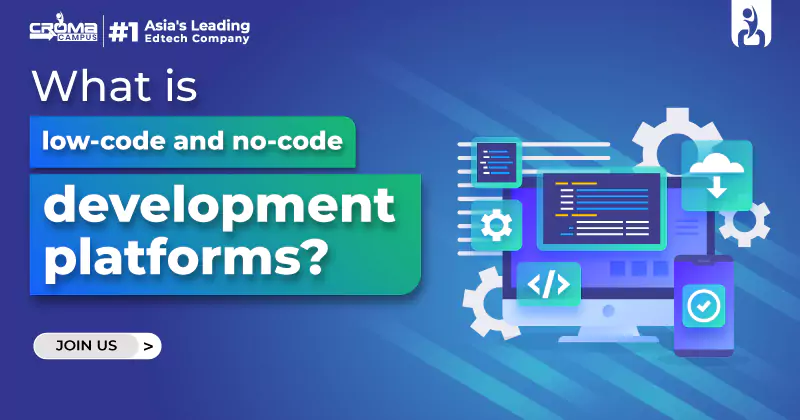
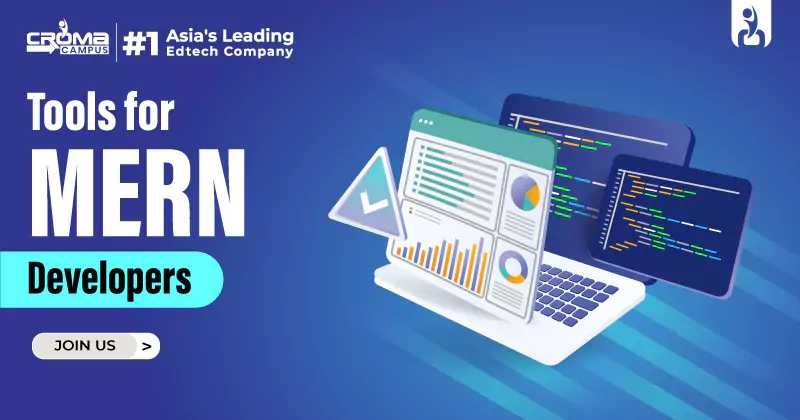
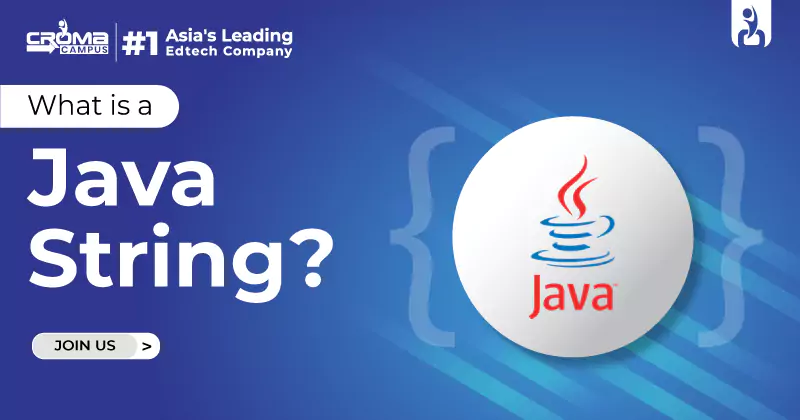
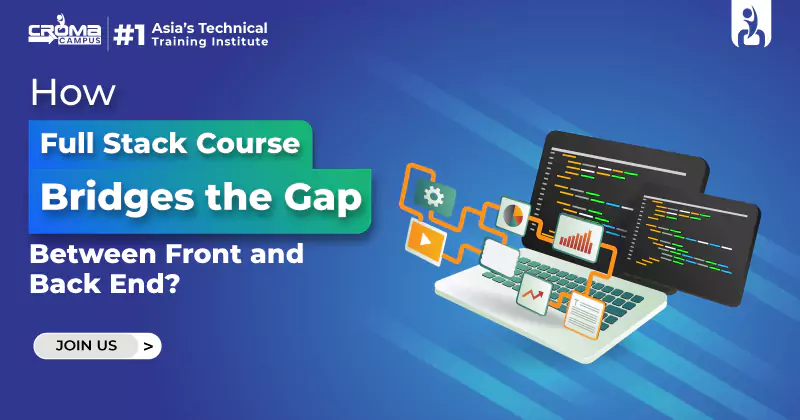
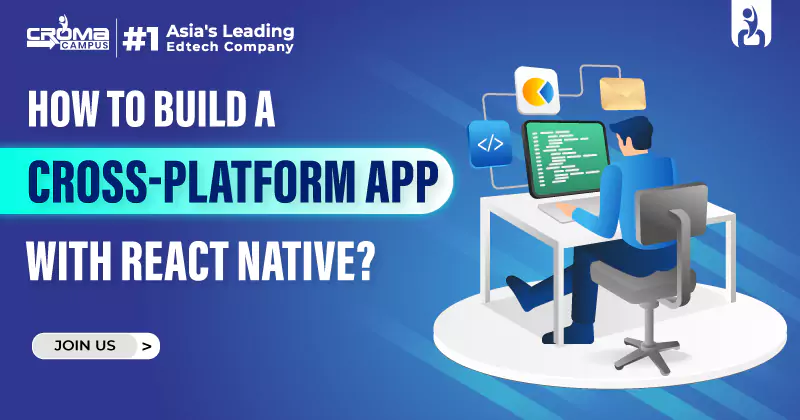

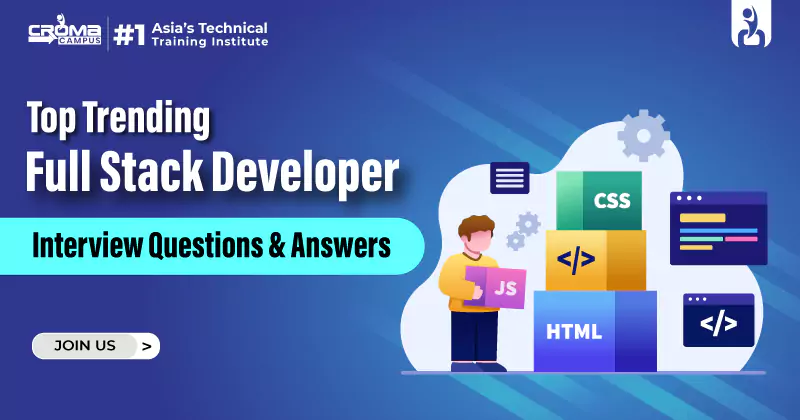
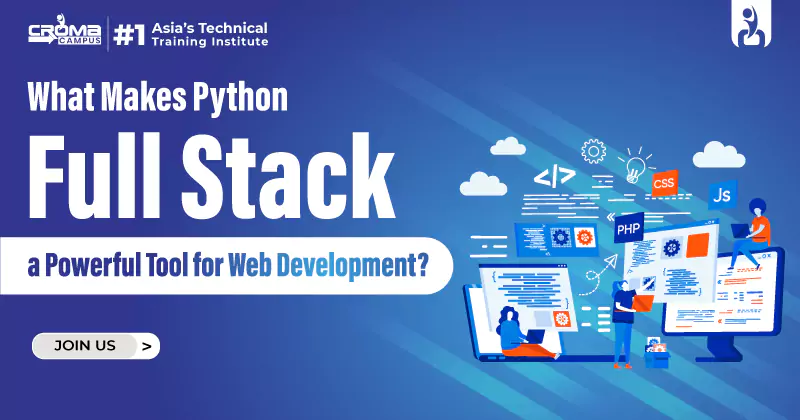
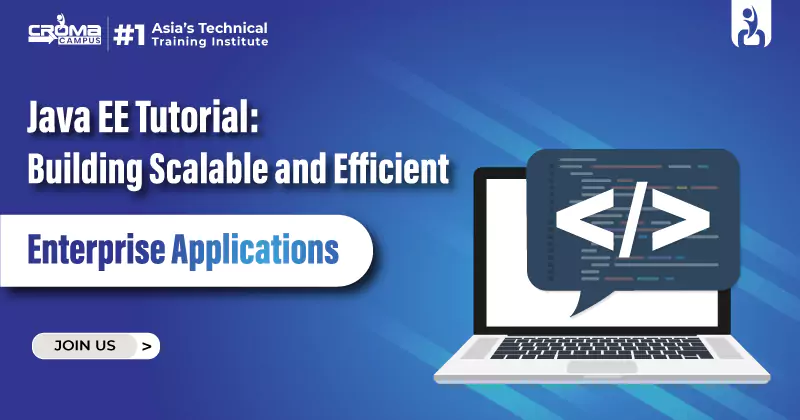
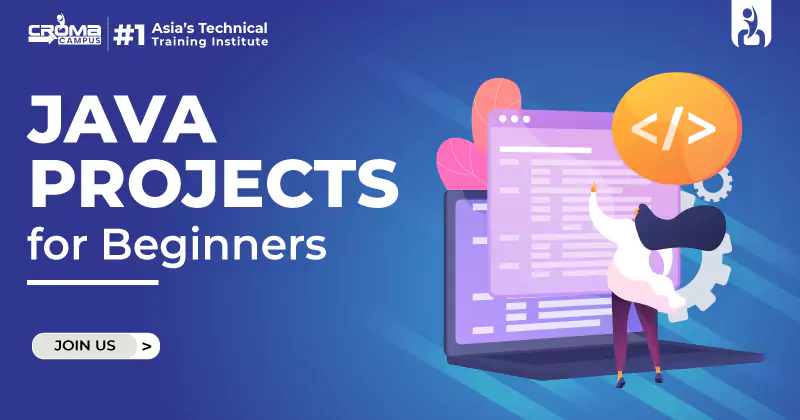
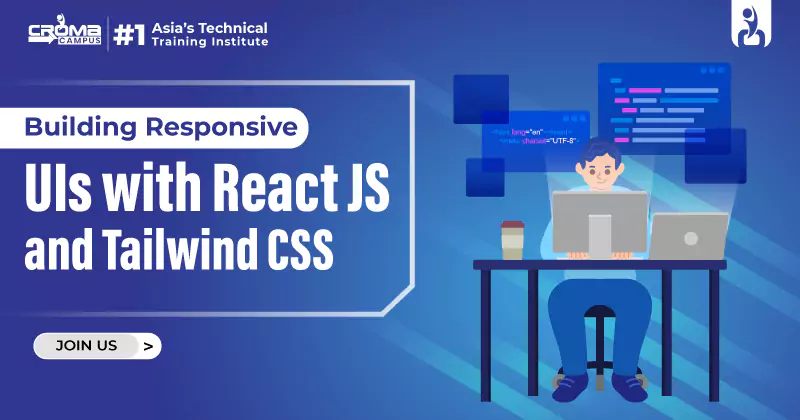
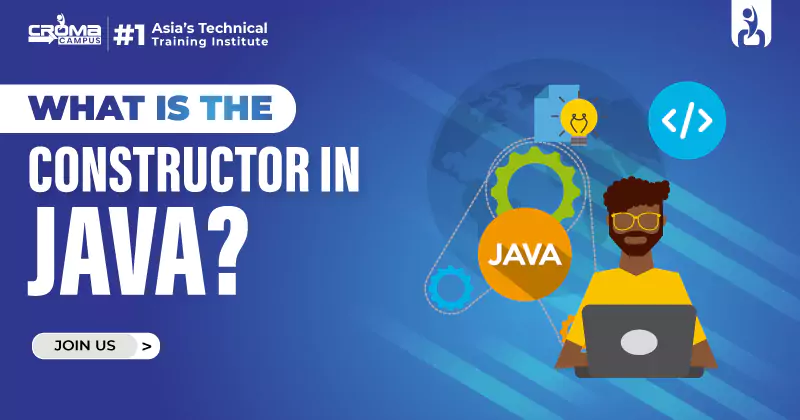










 Master in Cloud Computing Training
Master in Cloud Computing Training